By Rt Hon Eseme Eyiboh
Section 88 of the 1999 Nigerian Constitution as amended, empowers the Legislature to conduct investigations into the matters which it has the power to make Laws on, and the conduct of any person or Ministry charged with certain responsibilities.
Known as Oversight, it is a legislative creature created by the constitution to re-tool the role of checks and balances in a democracy.
Through this means, the Legislature is able to review and evaluate projects and programmes implemented by the Executive and Judiciary arms of government in accordance with the appropriated revenue to enhance accountability.
However, the recent visit by the leadership of the 10th Senate, led by the President of the Senate, Senator Godswill Obot Akpabio CON, to the $20 billion Dangote Petroleum Refinery and Petrochemicals at Ibeju-Lekki in Lagos State, has expanded the jurisprudence of oversight responsibility beyond government owned enterprises and re-defined the scope of oversight function.
The tour of the facility has an enormous socio-economic significance, coming at a time when Nigerians are facing an unprecedented economic hardship, associated with the withdrawal of the Petroleum subsidy.
The on-the-spot facility visit to the privately owned venture is not only seen as part of the legislative interventions in the recurring challenges in the nation’s oil industry, but has also gone beyond a mere jamboree exercise, to a more people-focused and result oriented constitutional assignment.
The Parliamentarians spent hours inspecting the refinery located at Ibeju-Lekki in Lagos, on a land area of approximately 2,635 hectares. The project is the World’s largest Single-Train 650,000 barrels per day Petroleum Refinery with 900,000 tones Polypropylene Plant.
The facility, funded by Nigeria’s industrialist and Africa’s richest man, Aliko Dangote, is expected to turn Nigeria, which is currently depending on imports, into a net exporter of petroleum products.
The success story of the Dangote Refinery is a proof that with diligence, dedication and commitment as well as an enabling environment, Nigeria can become a global investment hub. It is also a challenge to successive governments in Nigeria that a privately owned refinery can succeed in the same country where four government owned refineries, 2 in Port Harcourt, 1 each in Warri and Kaduna, are not functioning.
The role of refineries in socio-economic development of any oil producing country cannot be over-emphasized. They refine crude into petroleum products for use to enhance land, air and Marine transport logistics, heating, road infrastructure, generation of electricity and feed stocks for making chemicals.
It is a sad commentary that Nigeria, with its huge crude deposits, cannot boast of functional refineries, but still depends on fuel imports. The visit of the Lawmakers therefore, enabled them to see things for themselves and also raise questions on why other giant and lofty government projects in Nigeria have either met their untimely death or are performing below installed capacity.
Such projects include the multi-billion Naira Ajaokuta Steel Company, in Kogi State, the Ikot Abasi Aluminium Smelter Plant, the Sunshine Battery Company, the Oku Iboku Paper Mill, all in Akwa Ibom State.
By embarking on the facility visit, the Legislators not only took the Parliament to the people, it also obtained first-hand information on factors militating against Nigeria’s industrialization efforts, which will put it in a better position to enact laws that will support government’s policy on Ease- of- Doing Business in Nigeria.
Section 4 [2] of the 1999 Constitution, as amended, empowers the National Assembly to make laws for peace, order and good governance of the Federation or any part thereof with respect to any matter included in the Exclusive Legislative List.
The aftermath of the visit to the Dangote Refinery and Petro-Chemical Company triggered a series of allegations and concerns in the management of the Nation’s hydrocarbon resources and its assets.
Unarguably, the oversight visit of the leadership of the Senate to the Dangote Refinery occasioned the recent inauguration by the Leadership of the Senate of its AdHoc Committee to investigate the activities in the oil and gas sector, and recommend legislative actions.
Furthermore, the innovative reforms in the oversight responsibility by the Senate also accounted for the Presidential directives to NNPCL to sell crude oil to Local Refineries in local currency of Naira.
Arising from the knowledge gained from the visit, the Lawmakers are now better informed to take an overview of Tax Incentives Schemes in Nigeria, for a possible review in such a way that will encourage the growth of local businesses and attract Foreign Direct Investments into the country.
Excitingly, the President of the Senate, Senator Godswill Akpabio CON, succinctly captured this when he said during the visit that the Legislature would not hesitate to enact laws to enhance tax waivers, where necessary, for genuine investors in Nigeria.
Such tax waivers will lead to improvement in job creation, transformative fulfillment of local demands and the generation of export earnings. The Senators’ visit to the refinery and their pronouncements thereof, have given the needed assurance and confidence to private investors that the present administration is prepared to create the enabling environment for their businesses to grow.
Before the Senate delegation departed the complex, Senator Akpabio inaugurated the Dangote Sino truck CKD West Africa Limited, another gigantic project, which has already provided employment opportunities for the teeming population of the Nigerian youths.
Indeed, the visit of the Senate Leadership to the Dangote Petroleum Refinery and Petrochemicals, a privately owned business concerns, has underscored the determination of the 10th National Assembly, under the chairmanship of Senator Akpabio, to key into the Renewed Hope Agenda of President Bola Tinubu’s administration, and come out with effective legislative interventions on the various socio-economic challenges currently facing the Nation.
As the nation grapples with the challenges of soaring cost of living, insecurity, unemployment, the accrued benefits of the Senate’s intervention and Presidential directives shall very soon, usher a regime of drastic reduction in the prices of petroleum products and general cost of goods and services.



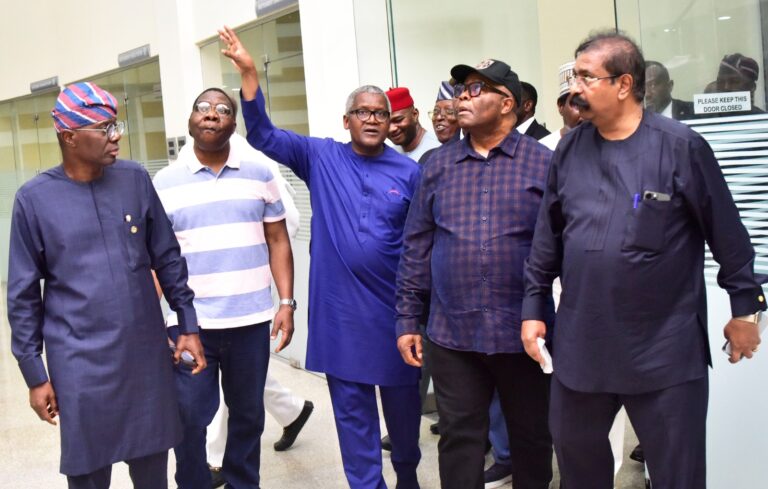
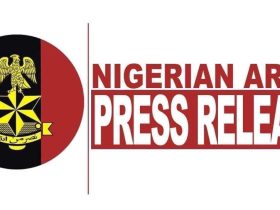



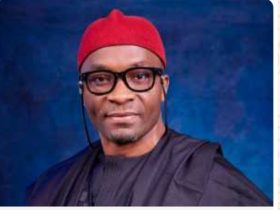
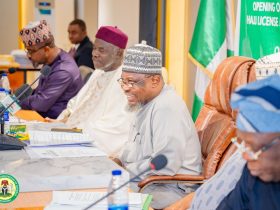
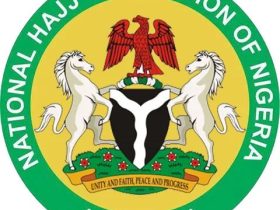
Leave a Reply